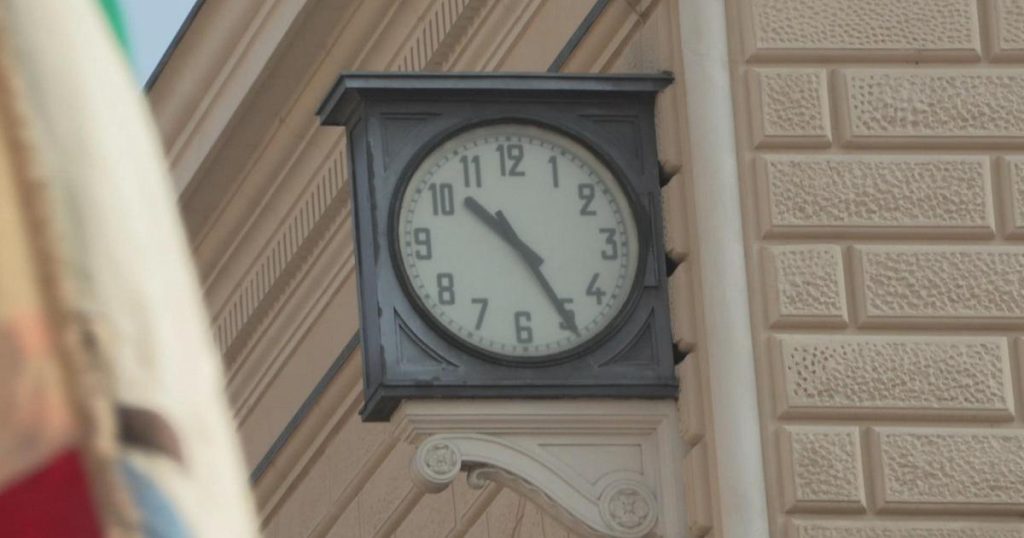The president of the Council and the Association of the victims of the deadliest massacre after the war are in open conflict. Even after 44 years, the memory of the August 2, 1980 bombing in Bologna continues to ignite politics, with the latest trials approaching a conclusion but still not finding peace. Paolo Bolognesi, president of the association representing the families of the 85 dead and 200 injured, called out the President of the Council and her government, particularly highlighting the lack of recognition of the fascist nature of the attack.
In response to these accusations, Giorgia Meloni expressed being deeply and personally affected by the unjustified and disproportionate attacks directed at her and her government during the commemoration day. Meloni found the statements made by Bolognesi to be very serious, as he implied that the roots of the bombing belong to the current right-wing government and associated the judicial reform with the infamous P2 Masonic lodge. Meloni emphasized that such statements are dangerous and can lead to personal harm for those who are democratically elected and only strive to do their best for the nation.
The tensions escalated at the end of a morning that began with a conciliatory tone. Interior Minister Matteo Piantedosi, representing the government at the commemoration, referred to the bombing as a neofascist massacre, an act of subversion aimed at striking the state in its most vulnerable part, ordinary people. Piantedosi assured the families of the victims of the government’s commitment to compensation and emphasized the need to stand united against all forms of hate and intolerance while reject fascism and totalitarianism.
President Sergio Mattarella joined in solidarity with the families of the victims and the city of Bologna on the 44th anniversary of the bombing, condemning the neofascist terrorist strategy aimed at attacking the freedom achieved by Italians. Senate President Ignazio La Russa stressed the importance of continuing the declassification of documents and referred to the bombing as a cowardly attack attributed to a neofascist origin. Despite these statements, Bolognesi continued to criticize the government during his speech, particularly pointing out the controversial appointment of Chiara Colosimo to the anti-mafia commission due to her association with a convicted member of the far-right group.
Questioned about his comments, Bolognesi accused Meloni of playing the victim and not taking responsibility for her actions. This sentiment was echoed by the leader of the Democratic Party, Elly Schlein, who criticized Meloni for attacking the president of the association on a day meant to commemorate the victims of the fascist bombing in Bologna. The tension between the government and the victims’ association reflects the ongoing struggle to find closure and justice for the tragic events of August 2, 1980.














